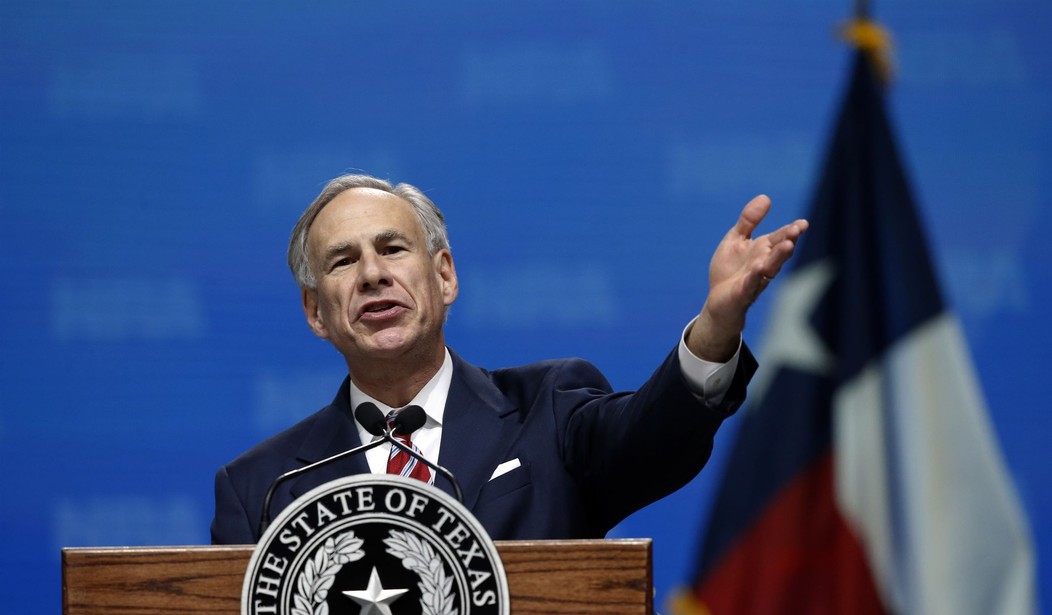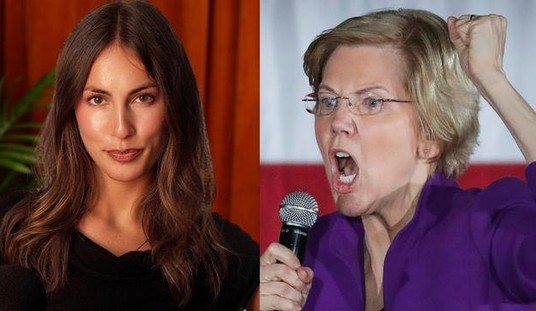Texas Gov. Greg Abbott and the state legislature have taken up a bill that would ban social media from banning or censoring Texans based on their political viewpoints. The bill is Senate Bill 12, sponsored by state Sen. Bryan Hughes (R) of Mineola. Gov. Abbott held a press conference on Friday drawing attention to the bill.
SB 12 — the full text of which you may read here — says social media giants “may not censor a user, a user’s expression, or a user’s ability to receive the expression of another person based on: (1) the viewpoint of the user or another person; (2) the viewpoint represented in the user’s expression or another person’s expression; or (3) a user’s geographic location in this state or any part of this state. (b) This section applies regardless of whether the viewpoint is expressed on the interactive computer service or elsewhere.”
Joining Hughes as authors are a who’s who among the state senate’s conservatives, including Sens. Paul Bettencourt, Donna Campbell, Lois Kolkhorst, Jane Nelson, Charles Perry, Charles Schwertner, and Drew Springer. No Democrat has signed on to protect Texans from social media censorship.
Lt. Gov Dan Patrick has made SB 12 one of his 31 priorities for the ongoing legislative session.
Texas joins North Dakota and Florida in seeking to curb social media’s power over free speech across the country, and is the largest state to consider such a law. The proposed Texas law would allow those who believe themselves censored by social media to take the case to court. SB 12 also allows the Texas attorney general to bring a case on someone’s behalf. It applies to firms with 100 million or more users per month. Both Facebook (FB) and Google (GOOG) (which owns YouTube) have major physical presences in Texas.
Should the law pass, and with both Gov. Abbott and Lt. Gov. Patrick prioritizing it its chances are strong, it’s likely to set up a run to the Supreme Court, which decided in favor of free speech in the Marsh vs. Alabama case (1946). In that case, the court held that private companies that own what can be termed the public square cannot curb Americans’ First Amendment rights, even on private property physically owned by the company.
Marsh vs. Alabama set a strong precedent in favor of Constitutional rights:
Writing for a 5-3 majority, Justice Hugo L. Black noted that “[t]he more an owner, for his advantage, opens up his property for use by the public in general, the more do his rights become circumscribed by the statutory and constitutional rights of those who use it.” The Court continued, “Whether a corporation or a municipality owns or possesses the town[,] the public in either case has an identical interest in the functioning of the community in such manner that the channels of communication remain free.”
Social media are widely seen as today’s privately-owned public town square.
[WATCH] C’mon Now! Whose Disinformation Is It Anyway?









Join the conversation as a VIP Member